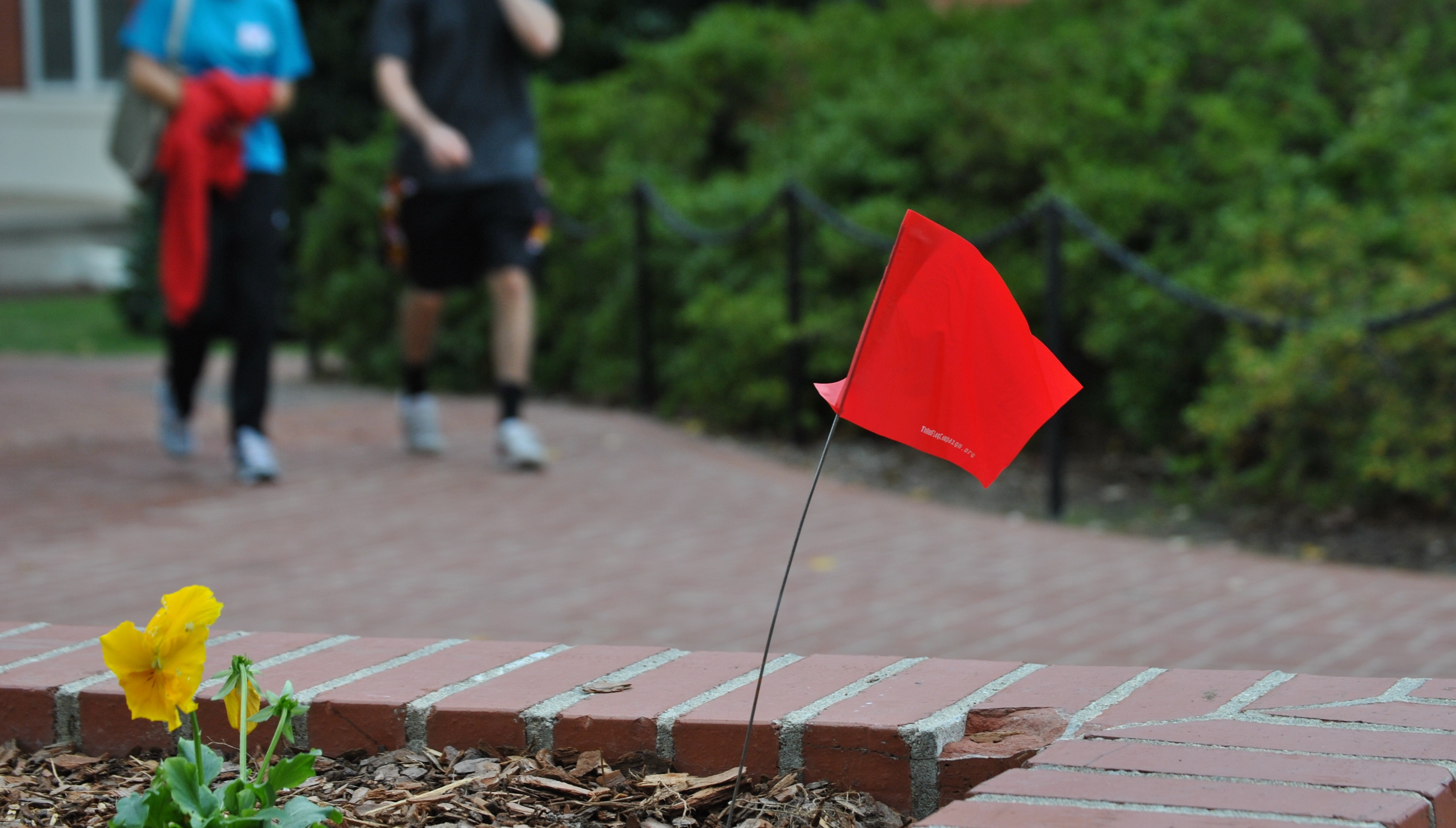UMW creates position to bring greater awareness to sexual assault
4 min read
University of Mary Washington
By HOPE RACINE AND EMILY HOLLINGSWORTH
The University of Mary Washington announced Marissa Miller as the new Coordinator for Prevention and Advocacy to the Office of Diversity and Inclusion in an effort to further address sexual assault education and prevention on campus.
Miller, who is associate coordinator of judicial affairs, will work to promote programs that initiate discussion on sexual assault with students. Miller will also provide resources for victims and survivors of sexual assault.
Leah Cox, Title IX coordinator and special assistant to the President for Diversity and Inclusion, has been promoting campaigns and working with students to bring awareness to the issue of on-campus sexual assault. It was through talking with student organizations, such as Feminists United on Campus, and hearing their requests that caused Cox to realize that the job would be too large for one person to handle.
Cox is confident that Miller’s involvement and the programs UMW has in place, including the “Yes Is the Key” campaign, which focuses on the importance of consent, will start a conversation with students on campus who are not familiar with the idea of consent.
“A lot of students still don’t know what [consent] means,” said Cox. “This program will answer the questions ‘What is consent?’ ‘What is sexual assault?’ ‘What is stalking?’ Bringing education to these issues, we hope, will bring awareness and prevent these happenings.”
Cox said that new posters and a video from the “Yes Is the Key” campaign are underway. Cox also spoke about a bystander education program in development that will provide students who witness sexual assault with resources and possible actions that they can take. Cox said the program would not be limited to sexual assault, but rather it would include any action that endangers other students.
“It’s all about students stepping in to keep each other safe,” said Cox.
Miller said she wants to focus, in particular, on individual students and raise awareness of resources available to meet their specific needs. Posters will be distributed to restroom stalls across campus, which will include signs of relational abuse and stalking, how students can help other students who may be victims of sexual assault and list resources on and off-campus that students can reach for help.
Miller has already worked with student organizations to finish the bystander education program. Ultimately, Miller said she wants students to know that they have choices in how they want to handle sexual assault cases.
“[We are] leaving everything to the survivor to make a decision about how they want to move forward,” said Miller.
With the recent conviction of two former students who raped a student at Vanderbilt University and allegations of rape at UVA, preventing sexual assault, providing education and giving assistance in the event of a sexual assault have been important issues at colleges nationwide.
These issues are important to UMW students too.
Sophomore Natalie Carpenter said she hopes that UMW’s campaigns will help students who need it.
“If it’s easier for people who have been assaulted to get help or to prevent it, that would be an awesome thing,” said Carpenter.
Carpenter said she believes that the “Yes Is the Key” posters need contact numbers that students can call if they have been assaulted.
“If the posters have numbers that people could call for help, that would be really good. That way, they wouldn’t just be posters,” said Carpenter.
Sophomore English major Mary-Margaret McMaken and senior history major Jessica Hopkins said they have seen posters about “Yes Is the Key” around campus, though they believe that UMW needs to be fully engaged and act immediately when sexual assault is reported.
“Ultimately, what there needs to be is immediate response. If [students] go and tell someone, then there will be action, and it won’t be a long, drawn-out process,” said Hopkins.
Sophomore Christian Deel believes that student participation in sexual assault education programs will decrease the likelihood of rape or sexual assault on campus.
“Getting people involved is a sure way to reduce risk of danger,” said Deel.
Miller’s appointment comes on the heels of recent legislation within the Virginia General Assembly to overhaul the process of reporting and prosecuting sexual assaults on college campuses in the Commonwealth.
The state Senate and House of Delegates approved three bills on Tuesday that would give campus or local police more involvement in cases of sexual assault on college campuses.
The Senate bills and House bills differ slightly in how police are involved. The House version would only include campus police or security in the review team, and the Title IX Coordinator would determine whether disclosure of a sexual assault case is necessary.
The Senate version would have campus and local police in the review team and leave it up to the police to decide, but must have the Title IX Coordinator’s approval.
The current bills are a way to curtail earlier versions of the bills, most notably the mandatory reporting bill, which would require faculty or staff members to report instances of sexual assault directly to the police. Some feared that the earlier version of the bill would limit the amount of victims willing to come forward, either due to emotional stability or out of fear of identifying an attacker.
No matter how the bills impact UMW, Miller said her priority is providing multiple resources for those affected by sexual assault to get help and educating UMW students about ways to identify and handle instances of sexual assault.



This is a great program for the University and should be implemented on all campuses. Another aspect to keep in mind is many victims of sexual assault were actually sexually assaulted as children as well. It’s important to include counseling services for these situations and teach students how to set boundaries. Sexual assault is an ongoing and prevalent problem and this program is a step in the right direction.